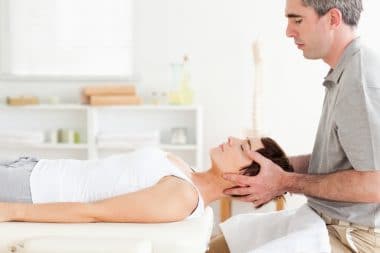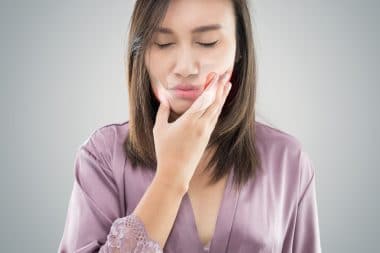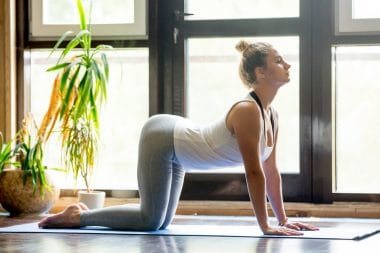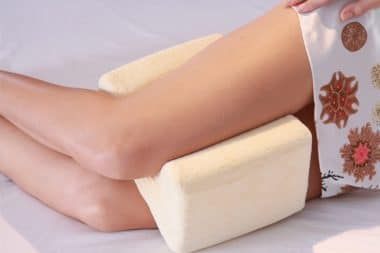To shoe or not to shoe, that is the question. Well, ok, that was “corny”, but we are talking about feet. Man has walked the Earth for a long time, but he has only done it recently in shoes and sandals. So apparently you can live without shoes, but they may not let you into your favorite restaurant or work in bare feet. And, I would wager, it would be quite painful if you stepped on a piece of broken glass or a rusty nail.
With the latter two thoughts in mind, I would say that wearing shoes are indeed good for you rather than going barefoot. At this point I have to admit, my mother found it quite difficult to get me to wear shoes as a youth, and I went barefooted everywhere. Whether I was walking down the sidewalk in our suburban neighborhood that I grew up in, or walking through the cow pasture to my favorite fishing hole at my grandparents, I was barefoot. I even walked barefoot on gravel as if it weren’t even there.
I did wear shoes to school and the like, although be it begrudgingly. My favorite shoes in high school were knee-high moccasin boots. The closest thing I could get to barefoot and still be allowed inside stores and the like. Finally, at eighteen, I had to wear steel-toed boots for work, I hated them, and still do hate them. But I would say that steel-toe boots can be good for say, if a heavy thing fell on your foot at work or if a tractor ran over it. Yes, that happened.
But let’s look at the question from a medical point of view. A quote from an article published in Women’s Sports & Fitness, August 1994 issue:
“A recent study demonstrates that the skin on the soles of your feet resists abrasions and blistering and that going barefoot is beneficial to the musculoskeletal structure of your feet and ankles. … Kicking off your shoes can help prevent a host of foot injuries: bunions, heel spurs, and bone deformities, among others. ” ËœShoes act like casts, holding the bones of the foot so rigid that they can’t move fluidly,” ™ [Steven] Robbins [MD and adjunct associate professor of mechanical engineering at Concordia University, Montreal] explains. ” ËœThe foot becomes passive from wearing shoes and loses the ability to support itself.” ™” Cheryl Sacra
Other research shows that wearing shoes, or rather overly-tight shoes, often, make your feet dependent upon the shoes for support and so become unable to support themselves, which may lead to injury and generally unhealthy feet. Barefoot running has been around for awhile, and proponents say that running shoes cause more damage to the feet than going barefoot. This claim is based on when running in shoes the heel tends to strike the ground first, and that when running barefoot runners tend to land on the balls or the middle of the feet and so actually produce less shock to the leg.
Other research has determined that women that wear high heels frequently tend to have a smaller calf diameter than women that do not wear high heels regularly, and women’s shoes that compress the toes into the point of the shoes cause painful conditions such as bone spurs and corns. That doesn’t sound very healthy, or pleasant.
So, it would seem that yes, going barefoot IS in fact healthy for your feet, but practicality speaking, you can’t go around everywhere barefooted. So what to do? Think about what your feet go through daily; give your feet a break. Go barefoot at home around the house, try to not stuff your feet into pointy heels very often if that can be avoided and try to wear quality and correct fitting shoes that allow your feet room to move and expand as you walk in them rather than having a ” “binding” effect on them. And a little foot rub never hurt anyone.





